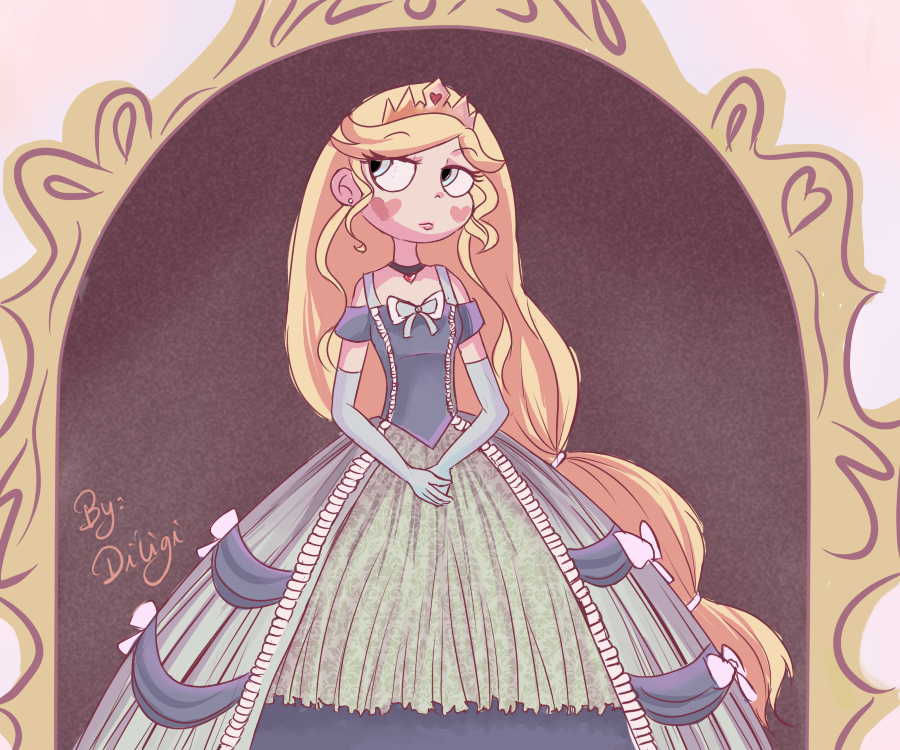


In my reporting I heard from several people who said that the word is particularly troubling for trans and gender-nonconforming people. Linguistic norms are changing faster than ever. He says “something has crested in particular over about the past 10 years”-something that has people examining their everyday communications. “I think there's a really serious and welcome reconception of gender lines and relationships between sex and gender going on,” says John McWhorter, who teaches linguistics at Columbia University and has written several books about language. There are, of course, plenty of people-including many women-who have no problem being addressed as “guys,” think the word has evolved to be entirely gender-neutral, and don't see a reason to change their usage. These are representatives of a broad coalition of people who have contemplated, and often gone through with, excising guys from their vocabularies. In the course of reporting this story, I heard from teachers who wanted a better way to get students’ attention, an ice-cream scooper who wanted a better way to greet customers, and a debate coach who specifically encourages his students to use y’all. My coworker is one of many who have started editing themselves in response to this exclusion. Guys is an easygoing way to address a group of people, but to many, it’s a symbol of exclusion-a word with an originally male meaning that is frequently used to refer to people who don’t consider themselves "guys." It was a small self-correction, and a glimpse at the conflicted feelings stirred up by one of the most common greetings in the English language. Then she stopped herself, said she was making an effort to use more gender-neutral language, and carried on talking. “Okay, guys,” a female coworker of mine recently began, as she addressed me and a female colleague.


 0 kommentar(er)
0 kommentar(er)
